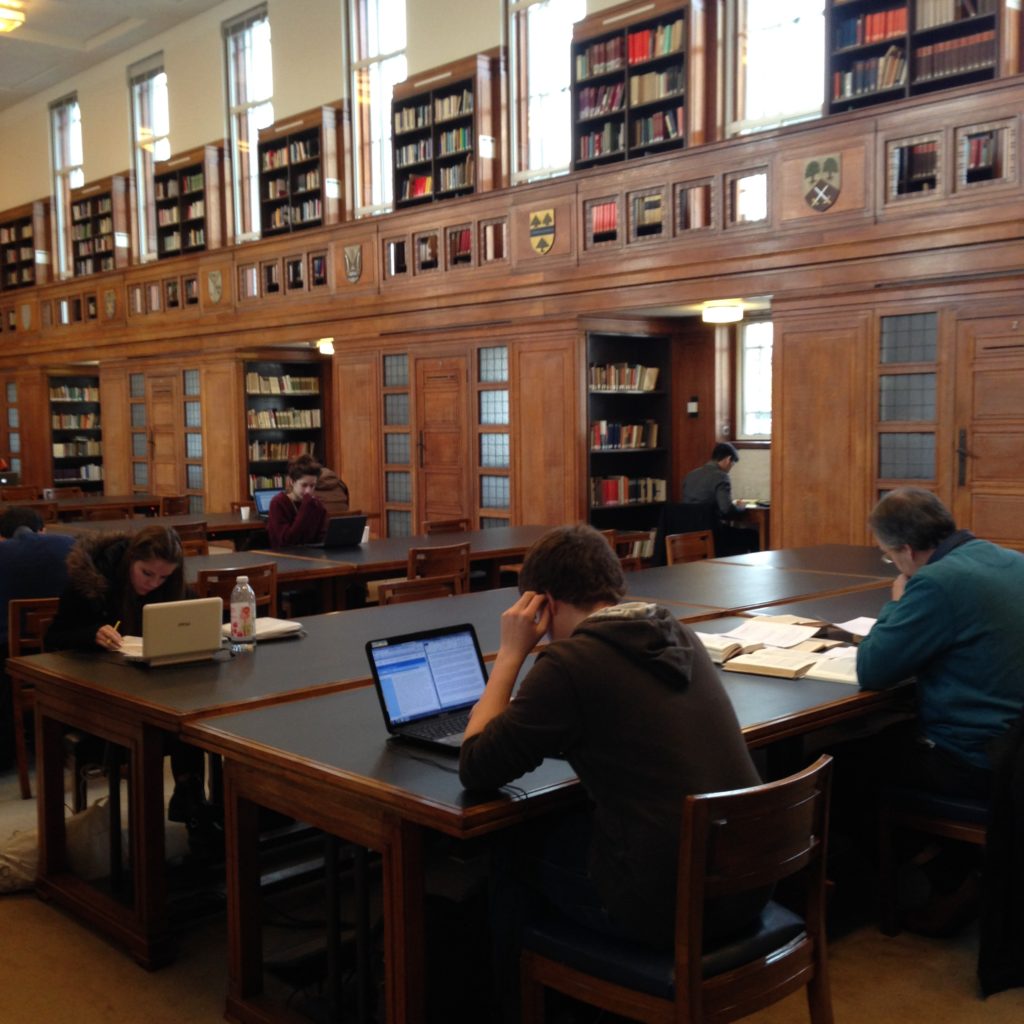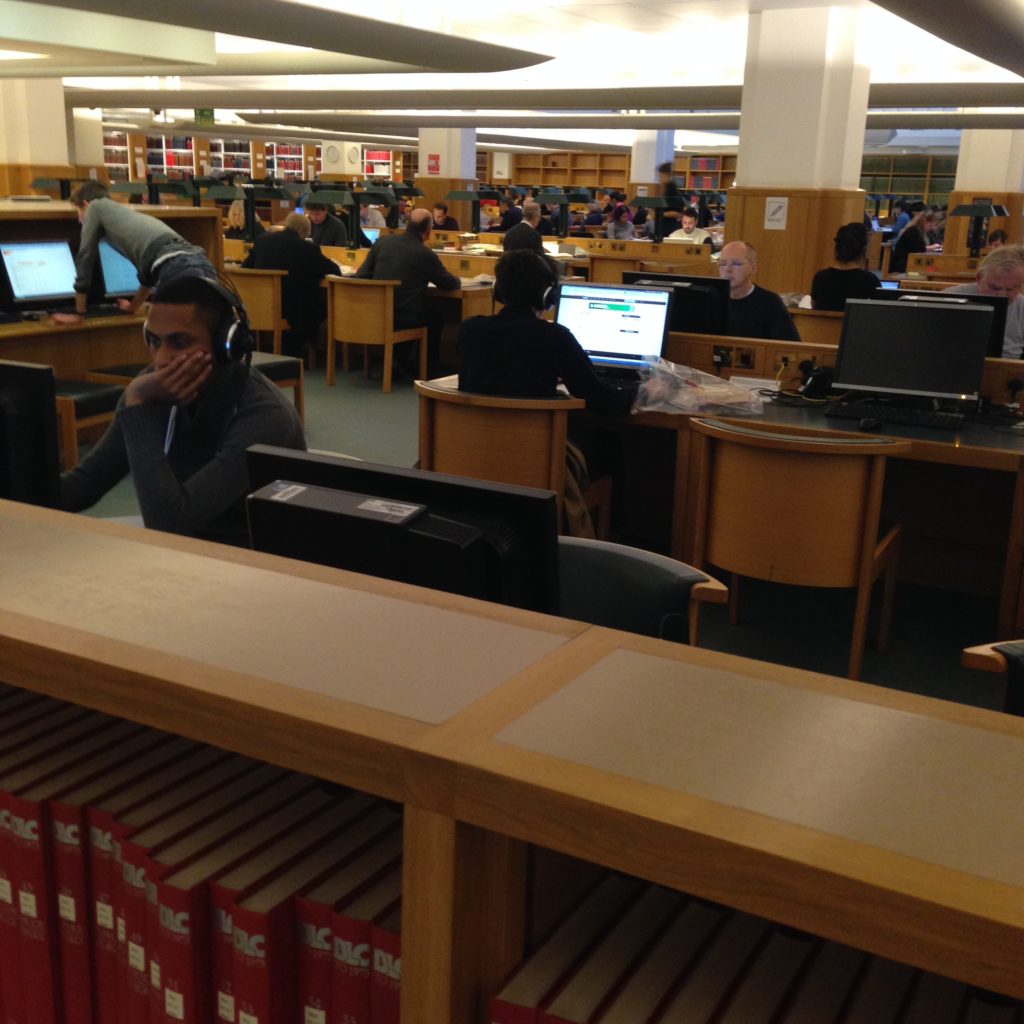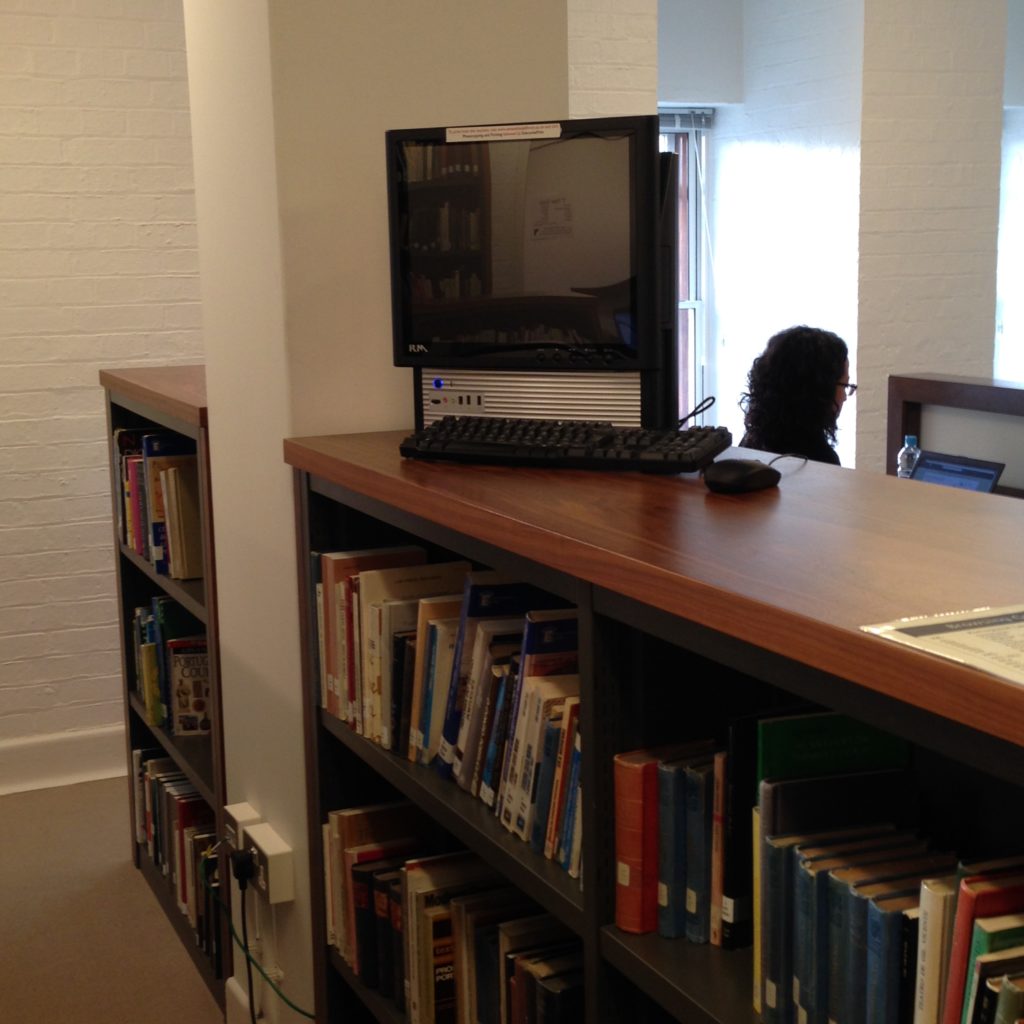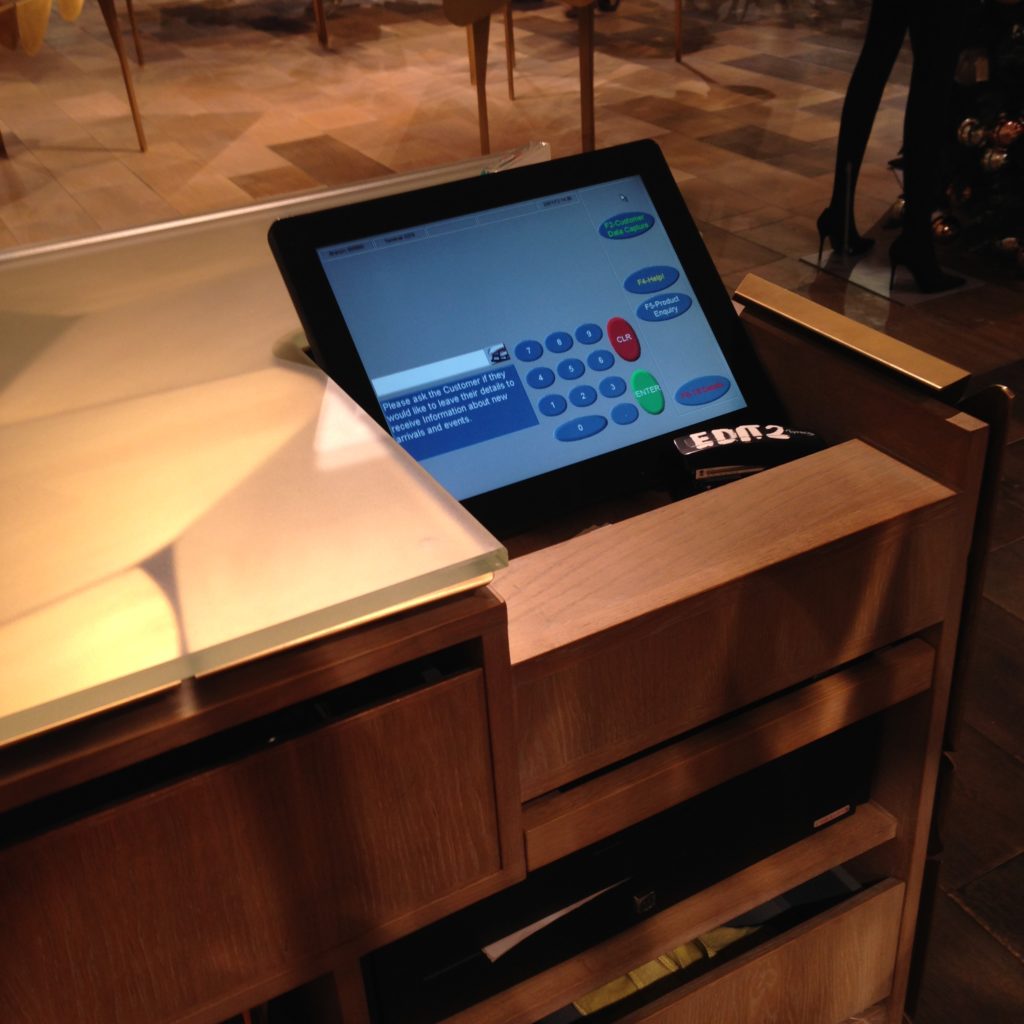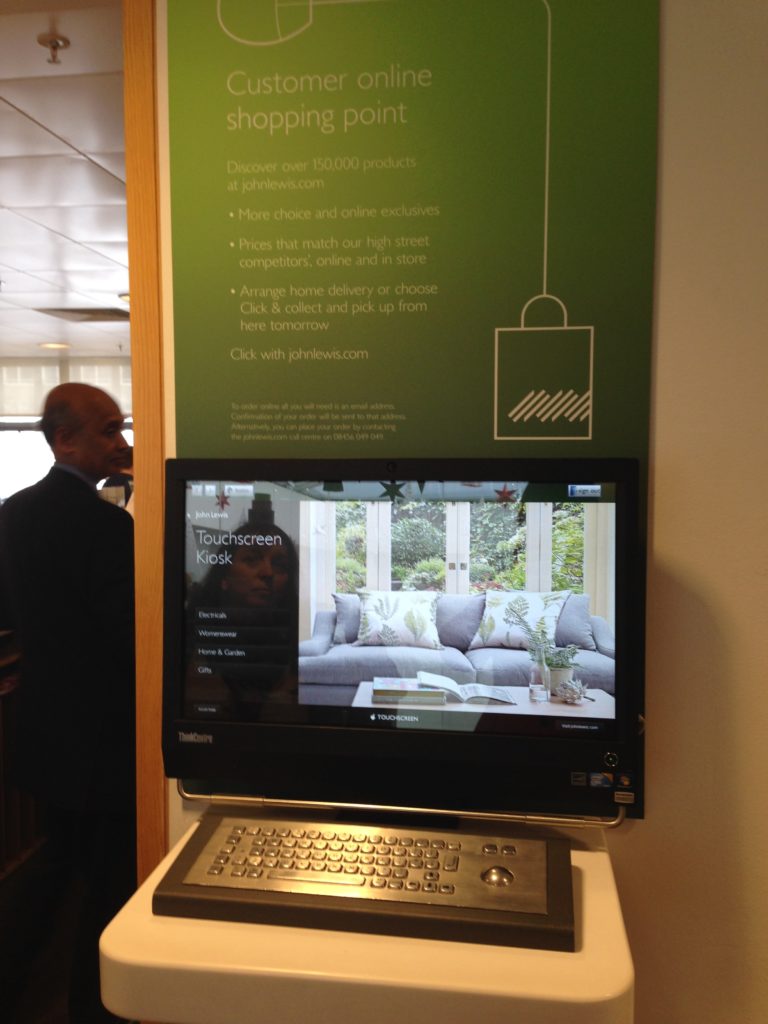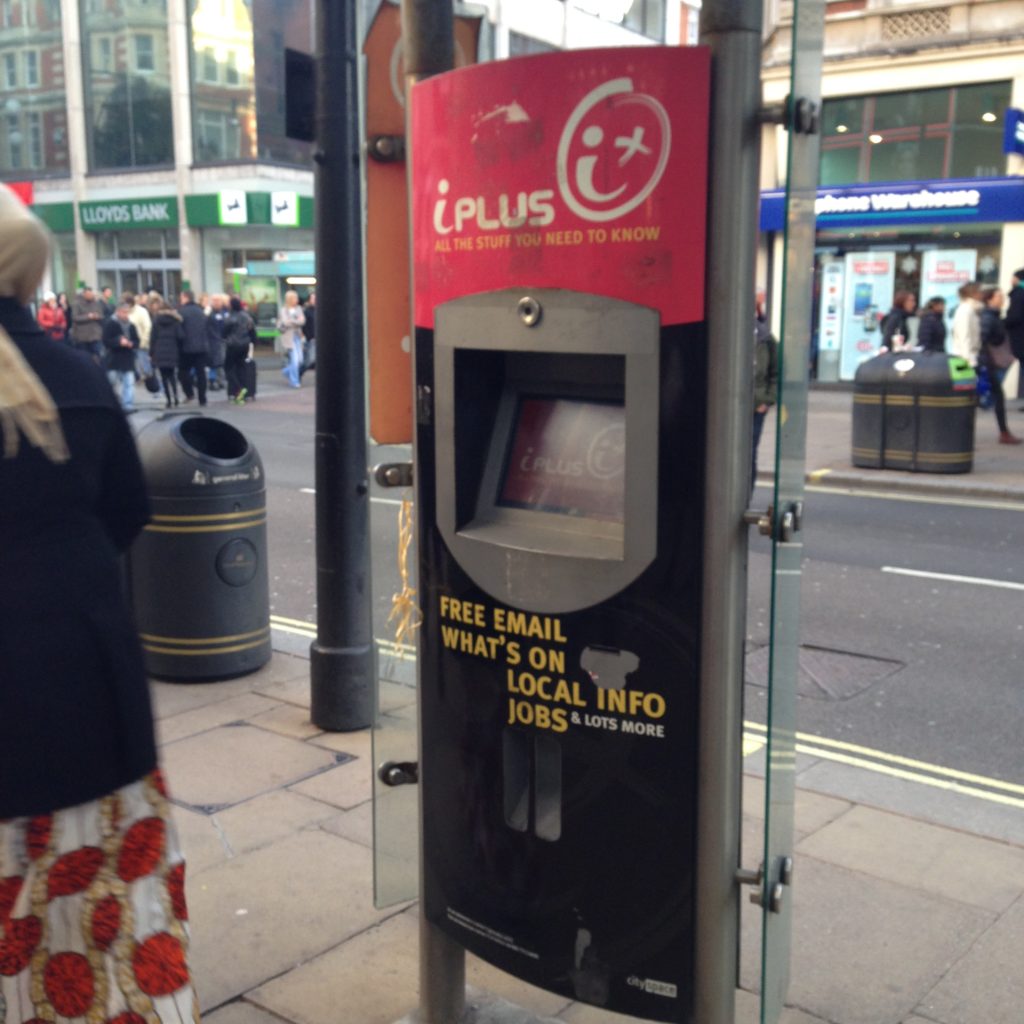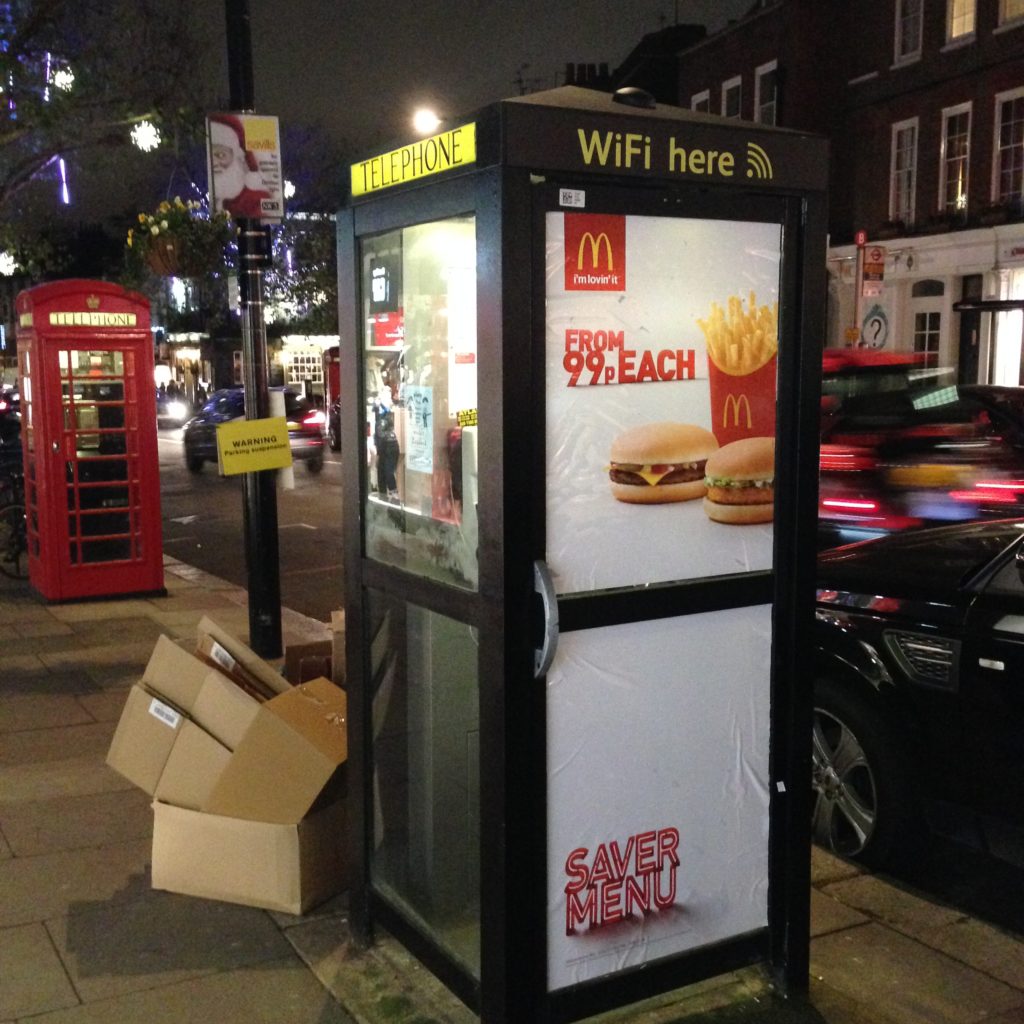Silence as a Service
Bear with me for a moment here. This is mostly a thought experiment.
As I travel around looking at different kinds of spaces, I’ve started to question our relentless quest for total silence in libraries. Libraries have come to mean silence in our culture; why is that? Because silence is associated with reading? (Of course, only with modern reading: we know that medieval European readers considered reading a verbal activity, always done aloud, and if you’ve ever found yourself mouthing the words you’re reading on a page, you know we’re fighting our bodies to make reading silent. No need to be elitist about it: text is only a series of symbols representing speech. There’s no shame in it triggering our verbal centres. That’s perfectly natural.) When libraries are closed-stack, and the spaces inside it exist only as a reading room for material you can’t copy and can’t take out with you, I can understand the focus on silence. To a degree, anyway. Silence is meant to go along with concentration. And libraries are meant to be places where you go to concentrate, right?
Everywhere I go, I find students and the self-employed deliberately seeking out spaces that are not silent. Some of them are downright raucous. A lot of them have jazz playing in the background, coffee grinders, conversations, laughter. Some of them are quieter than others, but none of them are silent. I’ve seen several co-working spaces, and a few high-tech businesses here and there. No private offices, only shared tables, conference rooms, kitchens and “libraries”. Nooks for groups, couches, lots of earphones in the ears of those trying to buckle down and work alone. No spaces with a fixation on providing absolute silence, though.
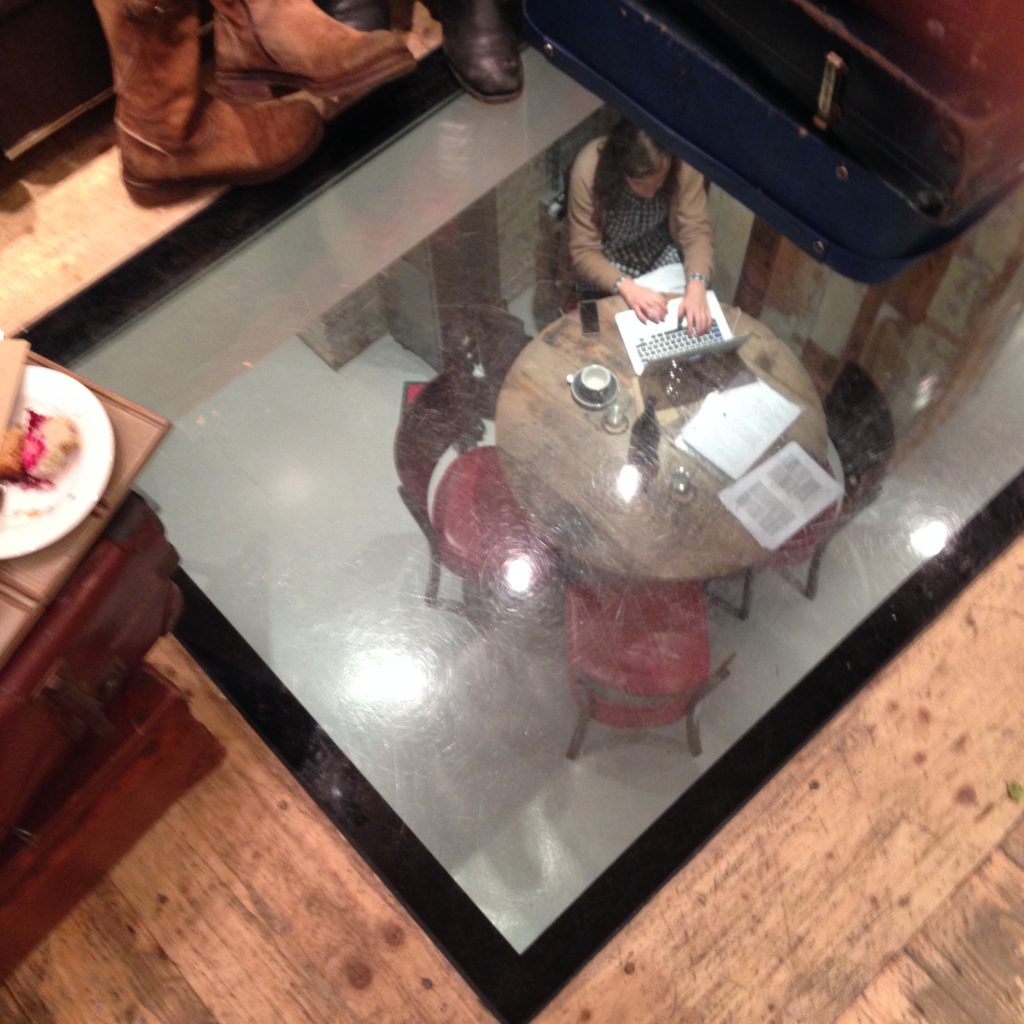
I’ve been considering whether my comparisons with cafés and co-working spaces are entirely fair. I realize I’m looking at a particular sample of the population, the people who want to work this way. These are people who have a quiet space at home and find it difficult to work like that. These are people who want to be tangentially connected to other people while doing independent work, even if they’re strangers. I think there’s probably even a little bit of self-motivation going on; when I finish this paper, I can go home and relax. Being somewhere other than at home helps you stick to a deadline and helps manage your time. That’s really healthy, I think. Co-workers in particular often need that separation between home and work to help give the work day a sense of closure, something students and academics both frequently fail to do well. The people I see working this way have quiet space elsewhere if they really need it.
But then I thought: don’t our student populations have this as well? Not all of them, maybe. But what percentage of the student populations don’t have a room of their own with a door that closes? I imagine it’s pretty small. So far my experience of residences on campus always includes some form of study room (and often study groups, as well.) For campuses where students can easily go back and forth from home where they can have silence and solitude, it seems to me that there’s more in common between libraries and other public and commercial spaces like cafés than we may have thought.
My own campus has it’s own rhythms and issues. Students can’t easily come and go from home, and many of them commute in quite a distance. They are effectively stuck on campus, and they may need that silence because they legitimately can’t get it anywhere else between the hours of 8am and 9pm. Again, I’m not entirely sure why the library is the place required to provide perfect silence, but I suppose that’s the tradition as we have it. We’re kind of stuck with it.
A lot of the students on my campus commute from their parents’ homes, so they share space with other family members. This is generally presented as a reason why no work can get done at home, but I’m not entirely convinced that that’s entirely true. Most homes with adult children in them are pretty quiet. Parents are usually supportive of students working hard on their school work. (Not always, I know. There are always stories and circumstances.) I would suspect that, most of the time, residence is far louder than anyone’s household, and even residences have silent spaces in them.
Why are we promising to provide absolute silence, something so difficult to maintain it is practically impossible, if the vast majority of our patrons already have access to it when they need it?
Too harsh? Bear with me a moment longer.
Here’s a statistic I don’t know: what percentage of our student populations would sit in a comfy chair in a Starbucks and write an essay if they knew no one was going to harass them to buy anything or glare at them to give up their table. As far as I can see, we expect that about 70-80% of our students want to work in complete silence. If that’s true, 70-80% of students should abhor working in a public place like a Starbucks. I find that exceedingly unlikely, but I don’t know what those stats actually look like.
Maybe the music is too loud: okay. how about a little indie café in the distillery district, or buried in the annex behind a bookstore? Somewhere with ambient music, soft conversations, coffee. Not too busy, not too quiet. Alive. I don’t know the statistic; I don’t know how many students would be happy to work there. Walking around London, seeing the 3/4ths empty and quiet Senate House library, and the jammed and happily buzzing public libraries, the full cafés of Islington, Hampstead and Shoreditch, the students lining the tables at the Barbican and Southbank Centre, I struggle to imagine that it’s a small percentage. But I don’t know. This is critical information to me at this point. I’m going to have to find a way to get it.
I haven’t said it yet, but I’m sure you can feel it coming. What if most students don’t actually require absolute silence to do really good work?
I can already hear the objections. I’ve seen them; students in my library complain about the noise all the time. I can’t keep saying “bear with me” whenever I say something outrageous, can I? But what if this is in part based on expectations that we’ve set, both through our policies, our space design, and through our powerful public image? What if they demand silence between they just imagine they can expect it, and should expect it, because we’ve promised it, not because they actually require it? We are allowing students to have unrealistic expectations of our entire buildings, top to bottom. Libraries are meant to be silent, so every sound they hear is annoying.
What if we designed spaces based on the presumption that most students don’t need absolute silence, but want a comfortable level of ambient sound that isn’t too annoying, much like a half-empty café? What if we designed lots of different kinds of spaces, the kinds of spaces cafés and other public spaces increasingly have, with coffee/tea available, but no pressure to get out of your seat and give your table to someone else? What if we created that for 70-80% of our spaces?
There’s still the question of silence.
I seem anti-silence at the moment, but I’m not, really. I’m only asking questions. I’m only suggesting that the desire for absolute silence might not be felt by the majority, as long as if there is other, really functional, comfortable, not overwhelmingly-noisy spaces on offer that clearly doesn’t promise something it can’t deliver. There will certainly be people who want absolute silence.
What if silence becomes a specialized service? Perhaps the way to break the association of a library with perfect silence in all places is to create a space that is specifically designed and pitched as entirely silent? Enclosed, with a clear demarcation between the normal zone and the dead quiet zone. If you’re in here, you’re here to be totally, completely, utterly quiet. No phones. Maybe no wifi. Maybe no 3G at all (if that’s even legal.) No ipods, no music, because sometimes you can hear them and that’s annoying. Nothing: just silence. Quiet keyboards only? How extreme can you reasonably get?
I don’t know the statistics, so I don’t know for a fact what size a space like that would need to be to accommodate the people who would want it, but from what I see so far, I imagine it probably doesn’t need to be monstrous. Maybe it’s nestled in among the stacks, using the books to muffle even the sounds of keyboards and pencils scratching. But it’s strict, exclusive, and maybe you even need to apply to be allowed in. It would have a zero tolerance policy. It would, I imagine, build it’s own culture and empower students to tell each other to shut up should they need to. The eye conversations would be epic.
We are currently encumbered by the idea that the silence rule currently applies to anything called a library. Most libraries tell you to shhh with their staff and their signage. We tell you what your behaviour has to be from one area to the next. But what if, instead of telling people how to behave, we offer the spaces where the behaviour restrictions are a service?
In some ways it’s just a matter of rebranding, isn’t it. but I know for a fact that just rebranding the quiet areas in my library as a service rather than a set of rules wouldn’t create this kind of atmosphere. There’s a bit more to it, I think. Some of it is building in the right context, making the space look markedly different, having students pass over a threshold between one commitment and another. They need to actively choose to be there. You can’t stumble in accidentally. You go there with a purpose, armed with the knowledge of what it’s going to be like. You go in there to get work done, and then you get out.
Meanwhile, you give students other really good options for non-silence. We already know there are a lot of students who cannot work in complete silence and are pretty forthright about that. They want music playing. They want to be around people. Surely this is why we remain as busy as we are, even as the use of the collection and reference services declines. On my campus, the computer labs are empty but the library is packed. Most people, it seems, want to be around other people, even if they’re doing their own work. If we build great spaces for working near others, different levels of noise, different kinds of seating, all that other good stuff, and then have the vault for the times when you want absolute silence, offered as a service from us to them…
I think that might be interesting. I think it might work.
Just a thought experiment.
